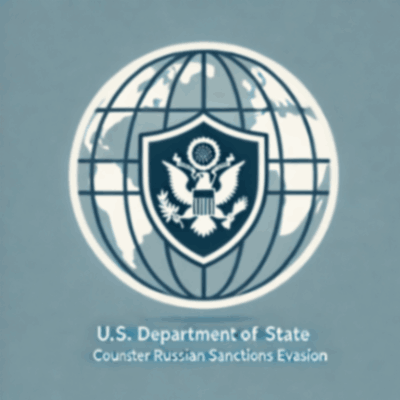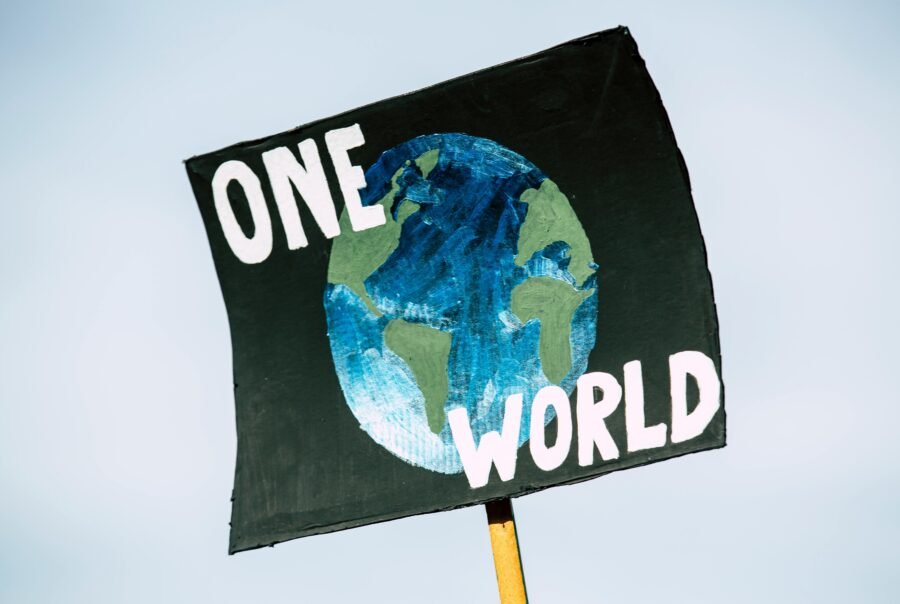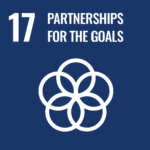Call for Grant Applications – Countering the Russian Federation’s Sanctions Evasion Activities

Organisation Name:
Bureau of International Security and Nonproliferation
Application Deadline:
January 17, 2025
About Organisation
The U.S. Department of State’s Bureau of International Security and Nonproliferation (ISN) is dedicated to advancing global security through efforts aimed at reducing the proliferation of weapons of mass destruction and countering threats such as sanctions evasion. The Bureau plays a pivotal role in securing international peace by fostering diplomatic efforts, strengthening technical capabilities, and collaborating with various entities across the world. Its work involves establishing frameworks to address the challenges posed by state and non-state actors who seek to circumvent international sanctions, especially in the context of aggressive actions like Russia’s war in Ukraine. The ISN Bureau works globally with governmental, non-governmental, and international bodies to ensure effective, coordinated action in preventing the illicit transfer of military goods and resources. Its efforts contribute to a more secure and stable global environment, aiming to mitigate the risks posed by sanctioned nations seeking to evade global restrictions.
About the Grant
The grant addresses the Russian Federation’s ongoing efforts to bypass international sanctions imposed due to its unprovoked military aggression in Ukraine. These sanctions are crucial to impairing Russia’s ability to sustain its defense industrial base and military activities. This grant will fund cooperative agreements aimed at developing innovative ways to counter sanctions evasion, targeting efforts that help the Russian military gain access to restricted resources, finances, and materials. The initiative emphasizes the need for effective measures to prevent sanctioned entities from acquiring critical goods that support their military objectives. Eligible applicants will contribute to enhancing the global capacity to detect, disrupt, and dismantle sanctions evasion networks, ensuring greater enforcement and adherence to sanctions regimes. The program is part of the U.S. government’s broader effort to hold accountable those supporting Russian aggression while strengthening global non-proliferation initiatives. It is expected to fund a variety of projects aimed at improving enforcement and mitigation strategies globally.
Who can Apply?
Eligible applicants for the “Countering the Russian Federation’s Sanctions Evasion Activities” grant include U.S.-based non-profit or non-governmental organizations, both with and without 501(c)(3) status, as well as foreign-based non-profits and NGOs. U.S. private, public, or state institutions of higher education, foreign-based academic institutions, and Federally Funded Research and Development Centers (FFRDCs) are also eligible to apply. Additionally, foreign public organizations and international public organizations can participate in this program. For-profit U.S. organizations or businesses are also welcome to apply, provided they contribute expertise or research critical to advancing sanctions enforcement and detecting evasion activities. The program seeks a diverse pool of applicants to bring together global expertise, technical capabilities, and innovative strategies that will help disrupt Russian sanctions evasion activities and ensure the integrity of the international sanctions regime. This broad eligibility is designed to encourage participation from organizations with the necessary expertise in areas such as law enforcement, intelligence, economic sanctions, and international security.
How to Apply?
Interested organizations should submit a detailed proposal outlining their approach to countering Russian sanctions evasion. Proposals should address the objectives and requirements of the program and include technical and operational plans.
Application Deadline
Applications are due by January 17, 2025.
Last Date To Apply
For more information, please visit the grant website here.










